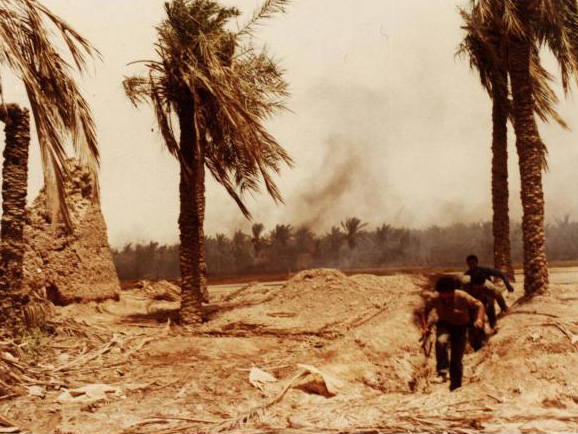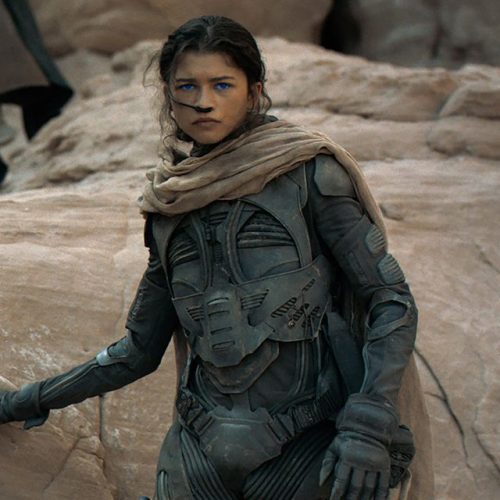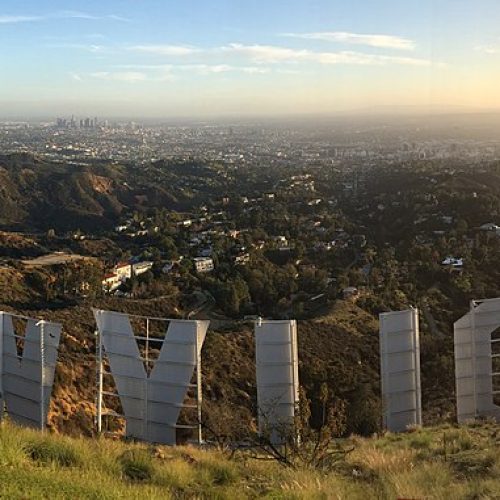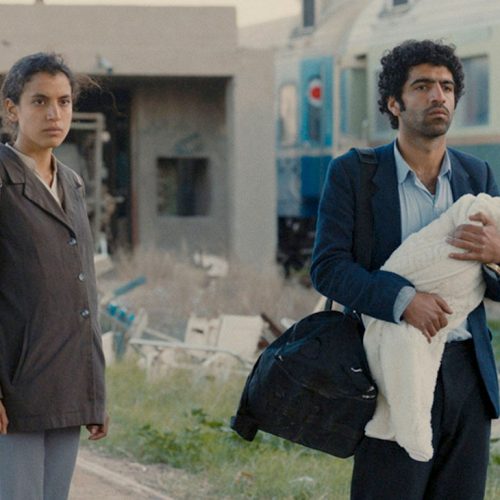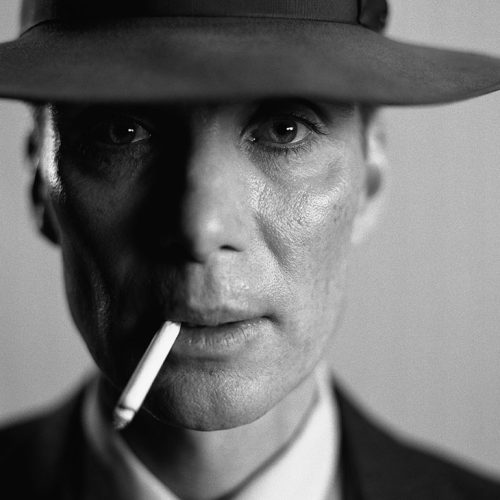Since its CPH:THX festival premier earlier this year, filmmaker Mania Akbari and sculptor Douglas White’s first collaborative film A Moon for my Father has been critically acclaimed internationally (such as winning the FIPRESCI and NEW:VISION awards in Europe) and across the region.
The film is a richly evocative meditation on writing memory on the body, a poetic search for the embodied and bodily power of remembrance and reconstruction. The film narrates the very process of filmmaking, as it opens with the two of them meeting-through-letters. The relationship is nourished by their moving in together, and is tied in with them bearing a child. Drawing on several years of correspondence between Akbari and White, the film forms an epistolary narrative interwoven with tender interrogations: letters, family photos and archival footage from Iran.
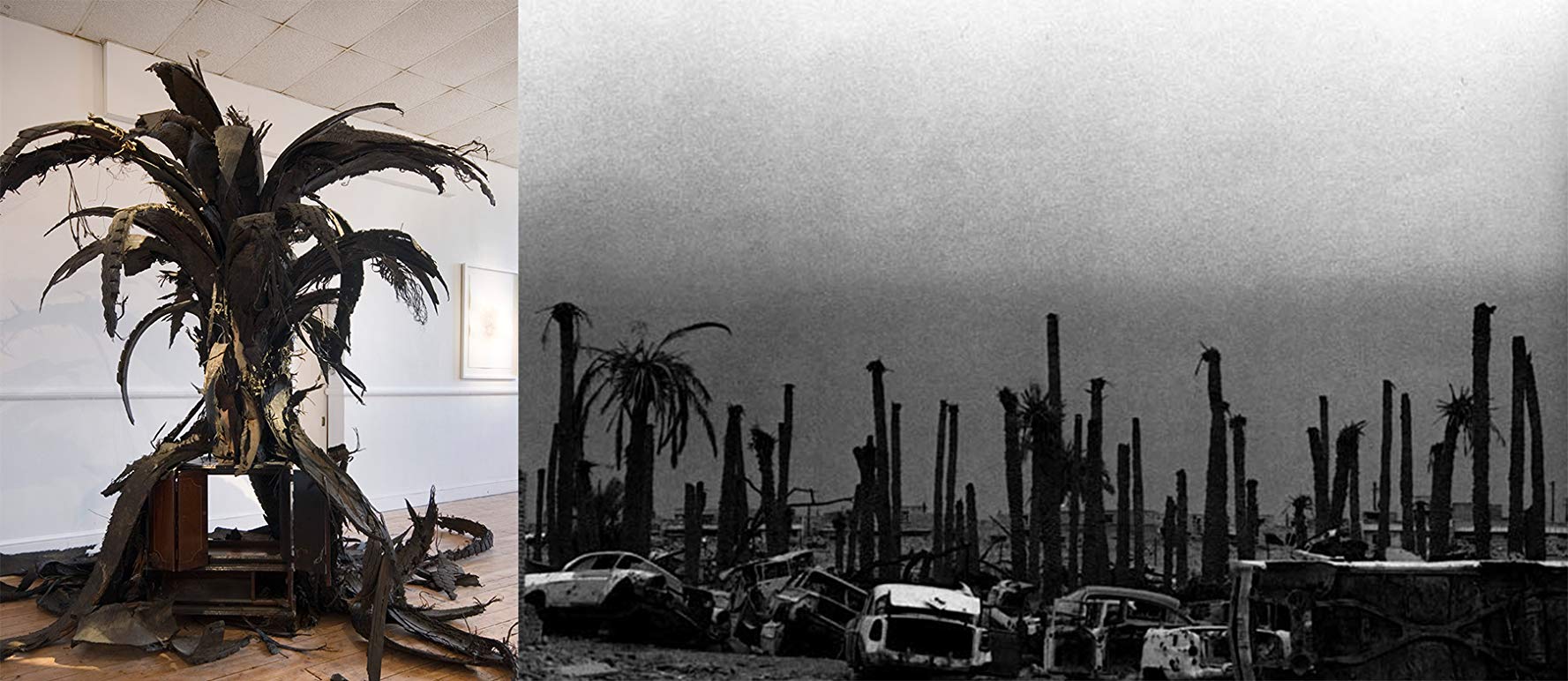
Apart from the poignancy of such a personal narrative, the haptic visuality of the film draws attention to the overarching exploration of the changing female body, as during filming Akbari is diagnosed with breast cancer, and later becomes pregnant. This is materialised in montages of water, skin and latex, the materiality of objects acting as still-life visual narrations to the enacting war within the changing female body. This is sculpted by White in his fascination with the intricate colonies ants make under the soil, metaphors and metonymy utilised within the framework of the essay film to organically map the world around the nature of the female body.
The relation of the changing female body was likened by Akbari to our changing political landscape. As commented by Akbari at the film’s premiere at the ICA, she juxtaposed the traumatic latency of war to cancer, as her body re-enacts the literal loss experienced during the Iran-Iraq war. In this, the body is inherently politicised through traumatic memory, the body as both healing and surviving, the body as psychotropy. However, this loss is also optimistically depicted as life-affirming, as the film ends with her giving birth and being able to breastfeed despite her cancer, as life-giving animates a body that was previously experienced as inanimate and sterile.
A Moon for my Father, in cinemas now





